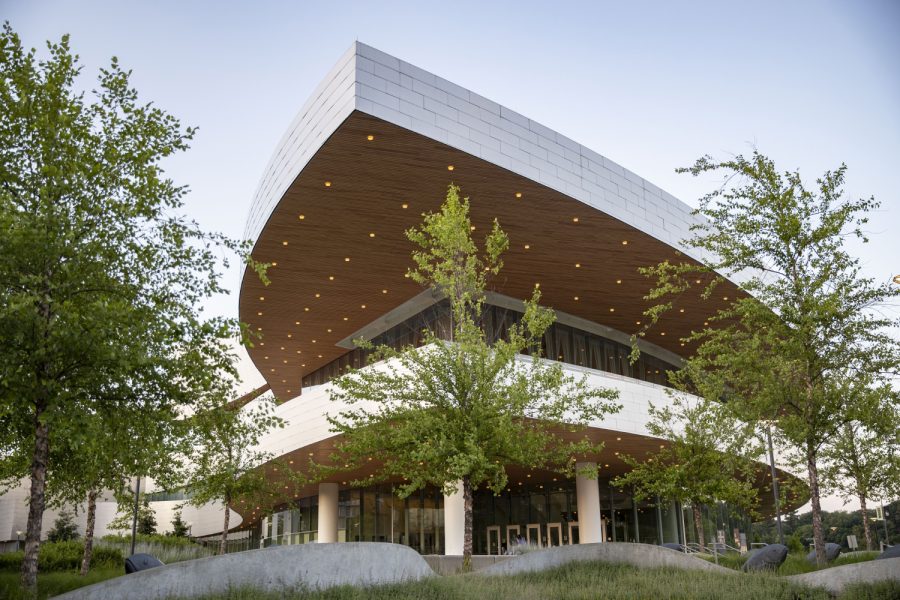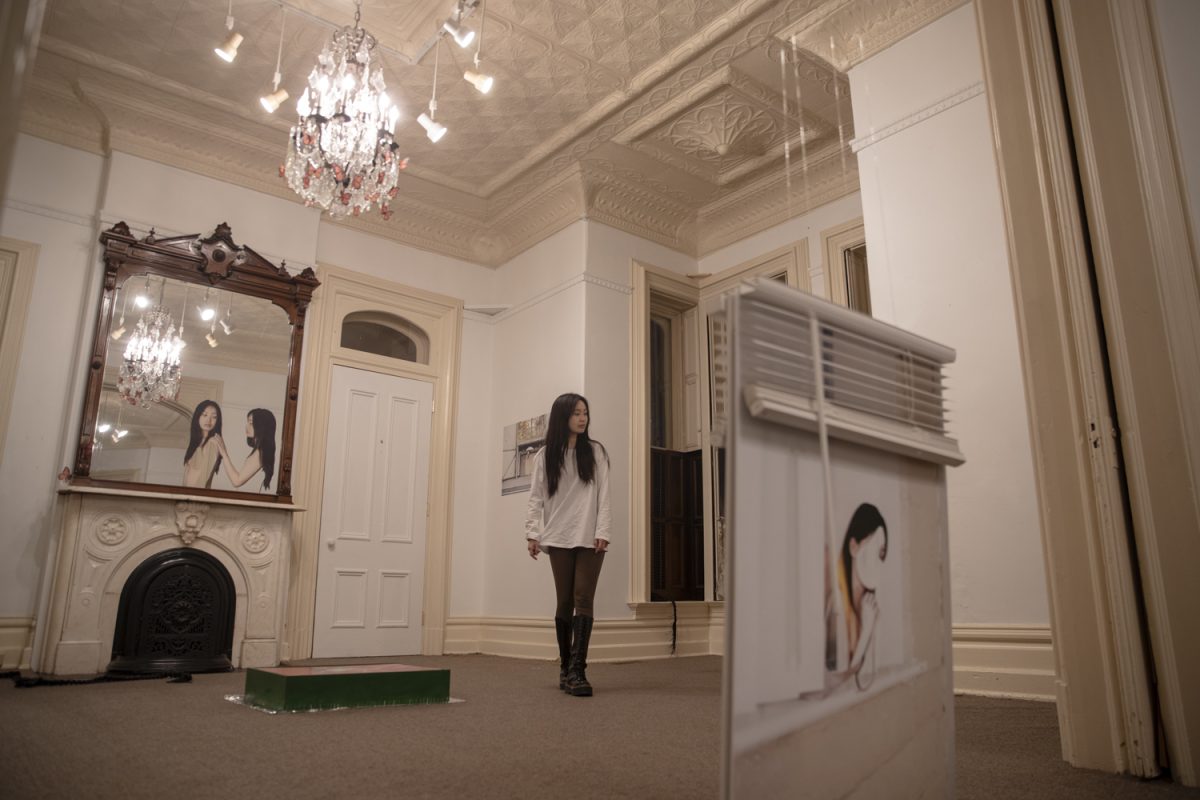“Love, Loss, & Empire.” No, it’s not the title of Josh Schwartz’s latest teen drama, but rather the theme for this year’s Craft Critique Culture Conference.
The event, hosted by the UI this weekend, is an academic forum by and for graduate students to exhibit their scholarly works for review.
“Academic presentations are something that I think people use to try their ideas out,” said Aimee Carrillo Rowe, a UI associate professor of rhetoric.
The interdisciplinary symposium, now in its ninth year, was co-organized by Raquel Baker, a doctoral student in English. “It’s like our stock and trade,” she said.
She and a team of eight graduate students spread news about submissions via e-mail, word-of-mouth, and especially by employing academic conference listservs.
Co-organizer Nilo Couret, a UI graduate student in film, said the committee received twice as many proposals than panelists. This year will feature 35 graduates and faculty presenters from several departments, which, Couret said, is a scholarly benefit.
The events are spread throughout the IMU and the English-Philosophy Building over the course of the weekend, and Couret said spectators are welcome.
Assistant Professor of rhetoric Naomi Greyser, who will introduce the conference Friday in the Main Library’s Shambaugh Auditorium, said she is pleased the conference addresses the notion of power.
“Sometimes, we in the heartland of the U.S. make the mistake of thinking that we are somehow sheltered from matters of imperialism,” she said, and this year’s conference explores how power and empire affect a variety of people.
Carrillo Rowe, a keynote speaker for the event, concocted the theme of love, loss, and empire, and she considers it an idea that unifies people. Some might think the theme is “squishy” and not established by academia, she said, but because the event is a graduate-student conference, there is more room for an exchange of ideas.
“I really see it as a generative space,” she said.
Baker said the popularity of graduate-student symposiums is high because of the extensive range of available topics.
And the co-organizers said the Craft Critique Culture Conference is unique to professional forums because it encompasses academic and creative disciplines. Part of Saturday’s panel features moving theory and creative demonstrations, and Couret noted that poets and authors will speak as well.
“It’s an opportunity to think collectively about our intellectual and political pursuits in the knowledge we want to create,” Carrillo Rowe said.
Graduate students are rarely invited to expensive professional conferences, Baker said. Normally, their professors are the ones who get those opportunities, which she called the “bread and butter of a scholar.”
Baker, who has twice presented scholarly work, said hosting an interdisciplinary conference at the UI benefits the university’s graduate students because it’s an “affordable, local, safe environment for us to develop our professional voices.”
Carrillo Rowe, an experienced panelist, said critiques can help presenters learn to be more clear in their delivery of ideas.
But she said cultivating ideas and turning them into scholarly work takes somewhere between a few months, a few years, and a lifetime.






